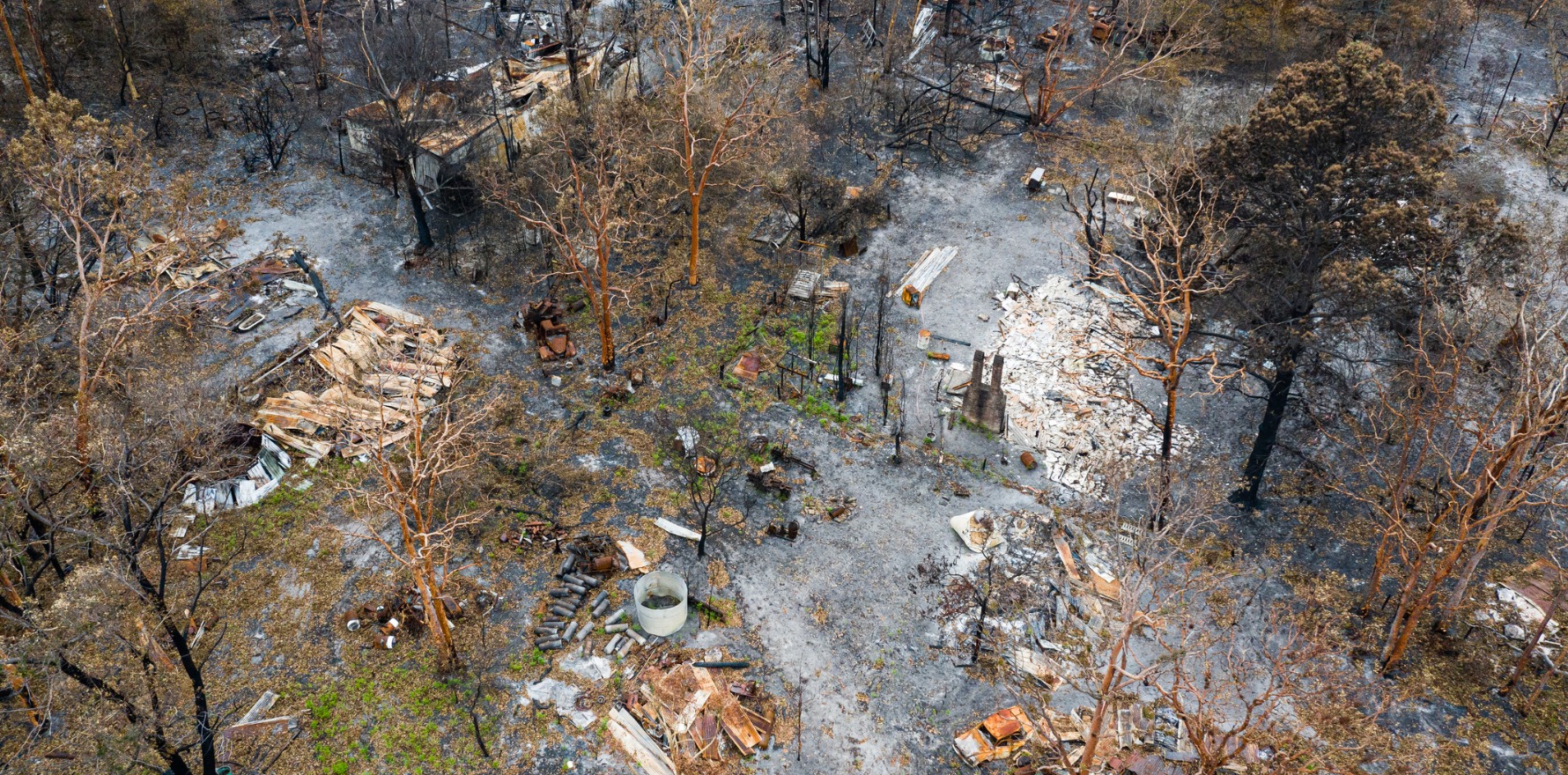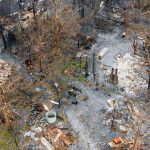GPs are warned to ‘have a plan, get connected and get ready’.
Push for GP input in disasters management, have a game plan, and don’t forget to look after yourself, experts urge general practitioners.
Speaking on Saturday’s GP20 session on disaster management, GPs Dr Lara Roeske, Dr Penny Burns, Dr Mukesh Haikerwal and Professor Michael Kidd AM outlined the role of GPs in prevention, surveillance and management of health conditions in the immediate and long-term fallout of catastrophes.
“No community is exempt from disasters, and in every single community there’s a general practitioner,” said Dr Burns, the chair and co-chair of NSW & ACT’s General Practice Disaster Management Committee and World Association Disaster & Emergency Medicine Primary Care special interest group.
“We have hundreds of examples over the last decade of GPs stepping up quietly and efficiently to provide care in their communities and then stepping back to normal care, and no one’s really seen them,” she said.
In the talk, “Disasters and general practice in the spotlight”, Dr Burns said that the bulk of health effects were actually chronic problems, squarely within the realm of general practice.
“The acute deterioration of chronic disease triples in disasters,” she said.
Patients needed medication changes, psychological support, support for endocrine issues that were affected due to stress and attention given to the “incredible” stress that disasters have on the heart.
“We see a deterioration in diabetic control over the three and six months following disasters. In pregnant women, we’ve seen an increased risk of gestational diabetes,” said Dr Burns.
“We have heard some horrible stories of women during the recent bushfires who were new mums trying to breastfeed or trying to find formula for their children, and struggling during those bushfires with very little support.”
In a welcome move, the Royal Commission into bushfires recently recommended primary care be included in disaster systems at all levels. But Dr Burns said it was vital for there also to be a GP liaison at the federal level to ensure GPs’ voices were being heard.
Professor Kidd praised the $2 billion in funding that primary care received to support the community during the pandemic, and the recognition that general practitioners were the ones running respiratory clinics and caring for those who were sick, but not hospitalised.
“We are the people who are keeping healthcare continuing throughout the pandemic – the acute care, chronic care, management of mental health conditions preventive care – and so we need the same levels of support,” he said.
For Dr Haikerwal, quality GP-focused research would help to ensure that support was in place for future disasters.
This included answering questions such as: “How do we protect ourselves? What gear do we need to go into battle? And how do we make sure the environment in which we’re working is safe and practical to work and keep on working at the institution?”
In the meantime, all GPs could develop or find a one-page “quick and dirty” game plan for a potential disaster, said Dr Burns.
She also emphasised the importance of being able to support someone in distress, who doesn’t need counselling or medication.
Disasters would become an increasing problem for Australian communities, said Dr Burns.
“My advice would be to have a plan, get connected and get ready, because the next disaster is on its way.”
Watch the presentation at the GP20 website here.



